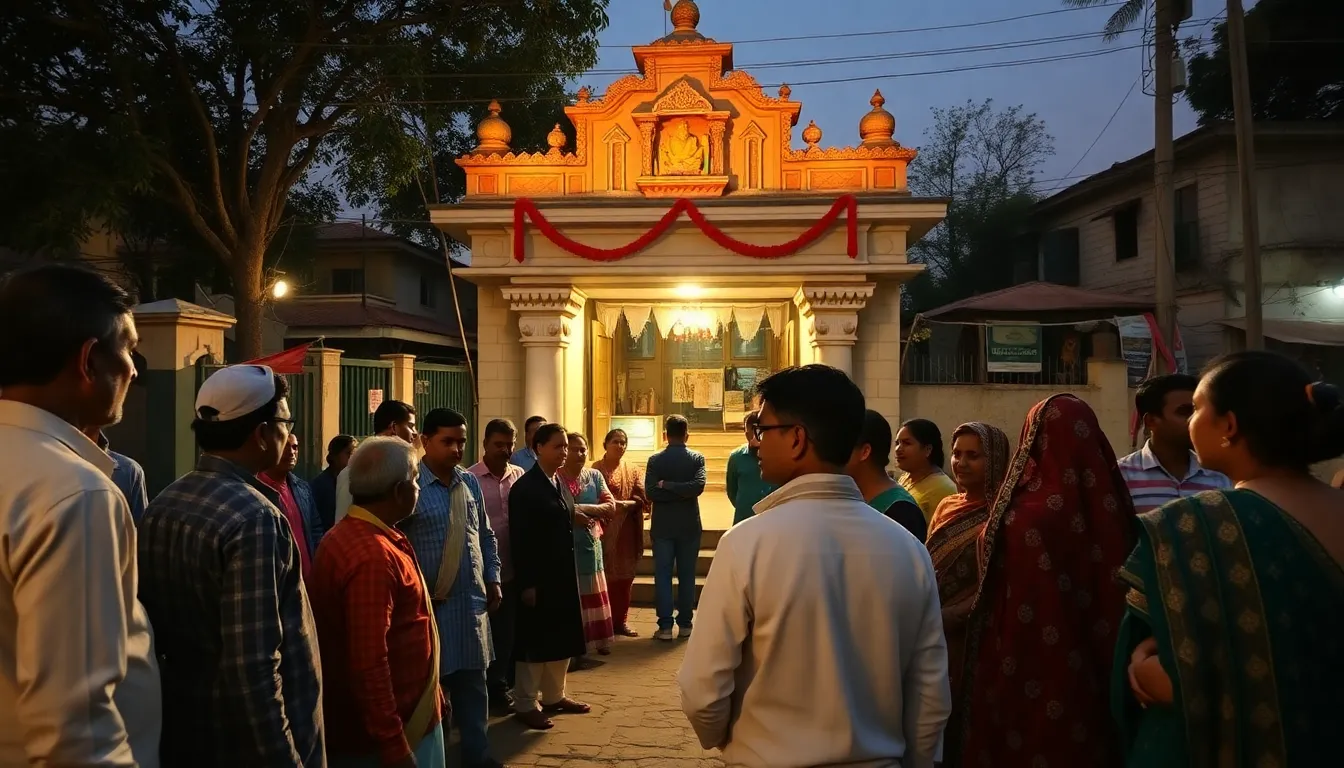In a significant ruling, the Gujarat High Court has overturned a trial court’s decision to convict individuals accused of stealing gold and silver jewellery from a Jain temple in Manasa. The court stated that the responsibility to provide sufficient evidence lies entirely with the complainant. The ruling highlights the basic principles of criminal law, which dictate that the burden of proof is on the prosecution.
The case revolved around the theft of jewellery valued at approximately ₹3.98 lakh from a Jain temple. The trial court had found the accused guilty and sentenced them. However, the High Court found that the complainant failed to present adequate evidence to support the accusations. The court noted that the evidence presented did not establish any reasonable doubt against the accused.
The High Court’s decision emphasized that a mere suspicion or assumption is not enough to convict someone. For a conviction, there must be solid evidence that clearly indicates guilt. The court remarked that the trial court’s order to convict was not justified.
The ruling further discussed the circumstances of the case. The accused were arrested based on a confession made in police custody. However, the court pointed out that confessions made to police officers cannot be considered valid unless they are made in front of a magistrate. In this case, the police lacked any concrete evidence linking the accused to the crime. They had not even secured any leads for three months following the incident.
The theft occurred in a temple that did not have working CCTV cameras at the time. The only evidence was a witness who testified against the accused, but the court noted that this testimony was based on suspicion rather than clear proof. The court concluded that the accused could not be deemed guilty based solely on their alleged confession, especially given the lack of corroborating evidence.
The court’s ruling serves as a reminder of the importance of due process in criminal cases. It reinforces the notion that every individual is presumed innocent until proven guilty. The decision was well-received by legal experts who believe it upholds the integrity of the judicial process.
In summary, the Gujarat High Court has made it clear that in criminal proceedings, the onus is on the complainant to provide sufficient evidence. Without such evidence, the accused cannot be convicted, no matter the circumstances surrounding the case. This ruling not only impacts the individuals involved in this specific case but also sets a precedent for future cases in Gujarat and beyond.


Leave a Reply